SAE Tests Nissan's Variable Compression Engine – Does it Live Up to the Hype?
【Summary】The Society of Automotive Engineers (SAE) recently test drove a 2019 Infiniti QX50 with a variable compression (VC) engine. Correspondents weigh in on whether the technology is as good as promised.
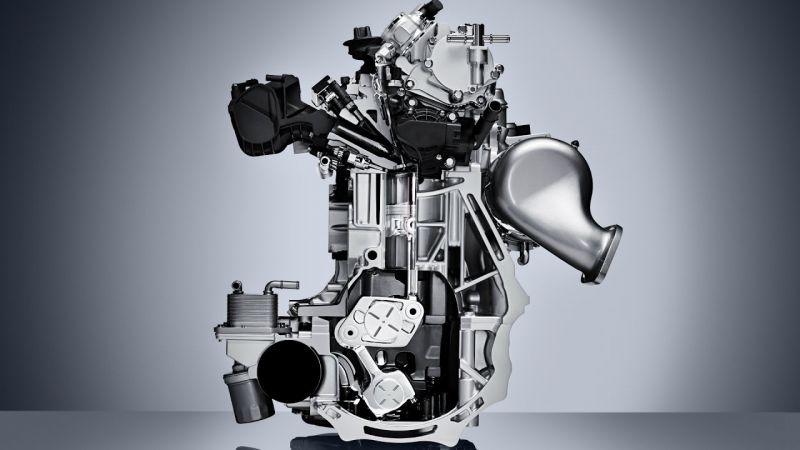
Nissan's variable compression (VC) engine has been touted in press headlines since it was unveiled. Now, it's finally finding a home in production vehicles like the Infiniti QX50 and Nissan Altima. But is this outlandish powerplant worth the hype? The Society of Automotive Engineers (SAE) recently attempted to answer that question.
VC Turbo design
In case you haven't looked at the news – or social media – for several months, Nissan's innovative engine is known as the VC Turbo. Its production code is a typical string of letters and numbers: KR20DDET. The engine bears a displacement of 2.0L and has a turbocharger sitting on top. Oh, and it can vary its piston stroke and compression ratio between 8:1 and 14:1. A series of arms, shafts, and links are used to accomplish this feat.
Is it worth it?
The QX50 is built on an all-new platform to accommodate the VC Turbo engine. The SUV has an Xtronic continuously variable automatic transmission. That gear-less wonder is paired with either front-wheel or all-wheel drive.
SAE drove the new rig around the mean streets of Los Angeles. Correspondents noted the SUV's satisfying throttle response, derived from the engine's 268 hp and 280 lb-ft. They also commented on the 6.5-second sprint from 0-60. Not bad, even if it is about a half second slower than last year's model. No one complained about the engine's smooth transitions between compression modes.
One gripe was that there's a slight delay when accelerating from a dead stop. This could be caused by turbo lag, the transmission or traction control system.
Of course, the real goal of the VC Turbo engine is efficiency gain. Nissan speculates the QX50's fuel mileage will increase by 27-30% over the outgoing model. That translates to a 24 mpg city/30 mpg highway/26 mpg combined rating for the all-wheel drive variant.
What did SAE find in the real world? While performing mostly city driving in L.A., the QX50 scored 24 mpg in high-load/low compression mode. The question is whether this improved mileage is due to the VC system, or the downsized 2.0L engine.
Nissan claims it's the VC. According to the company's Chief Powertrain Engineer, Shimichi Kiga, the system increases efficiency by 8%.
One final note: the QX50 requires premium fuel. That alone may offset some of its efficiency.
Final thoughts
Since electrification is the betting man's choice for future propulsion, why spend so much time on internal combustion? Like many others, SAE is uncertain why Nissan decided to devote effort to the VC Turbo. One thing is for certain though – the system is an incredible feat of modern engineering.
Source: SAE
-

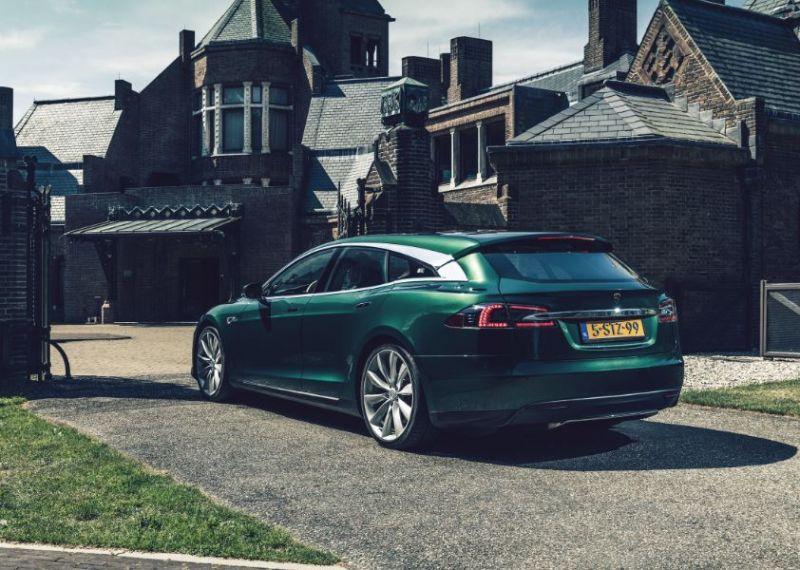
Tesla Model S Wagon Displayed in Geneva
-

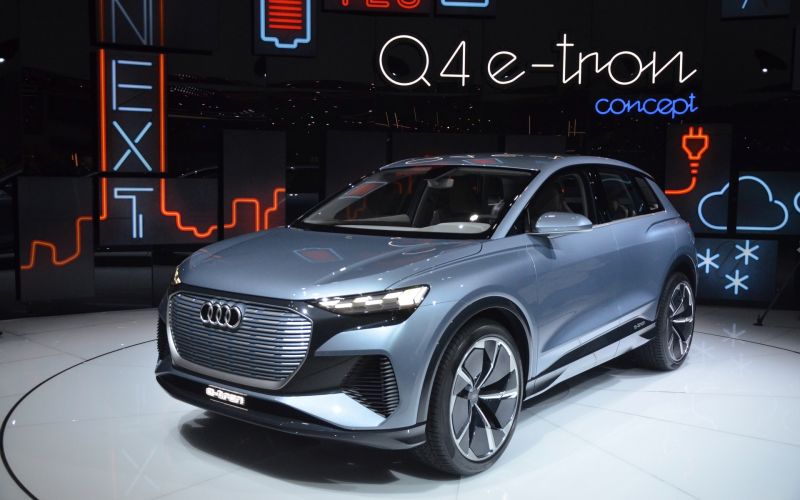
Audi Reveals its Q4 e-tron Concept at the Geneva Motor Show
-

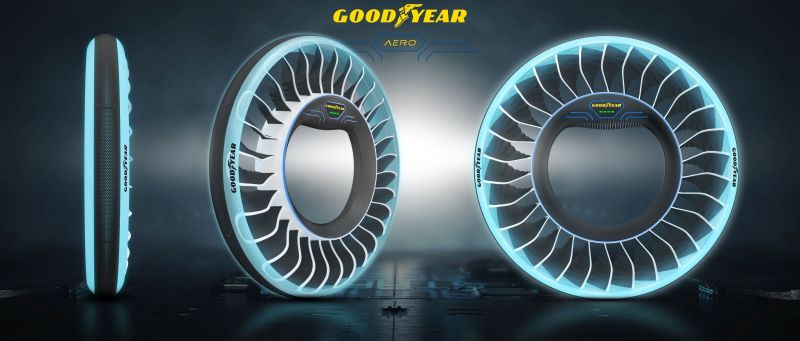
Goodyear Showcases Concept Tire for Flying Cars; 1950's Autonomous Vehicle
-

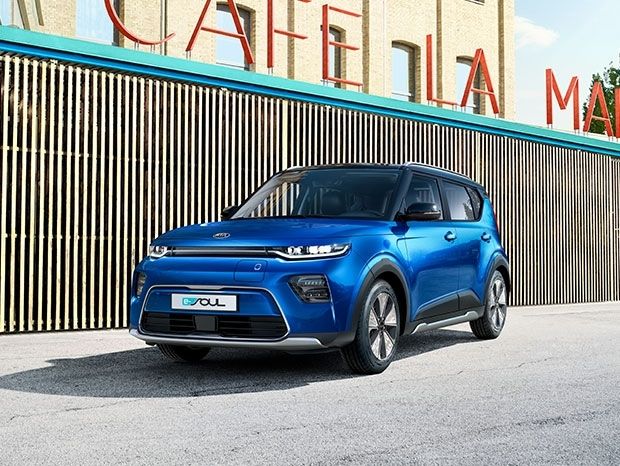
Kia to Premier Euro-spec Electric e-Soul at the Geneva Motor Show
-

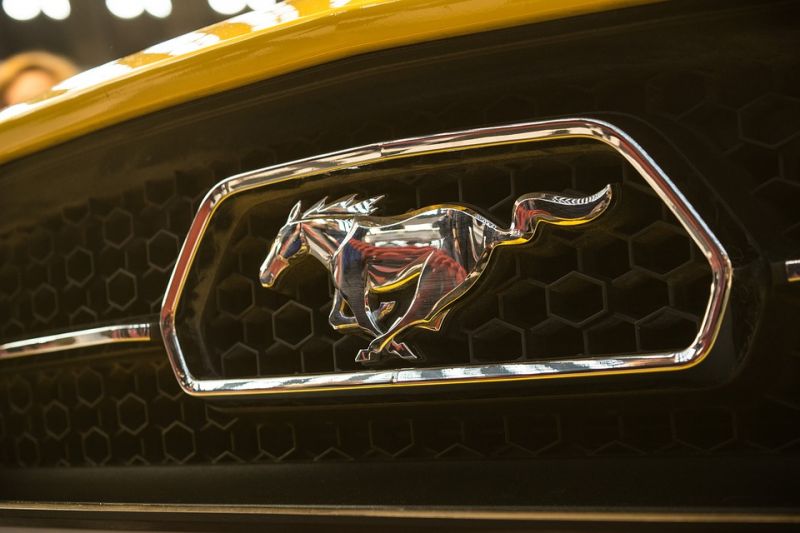
Ford Developing Electric Mustang Crossover That CEO Says Will “Go Like Hell”
-

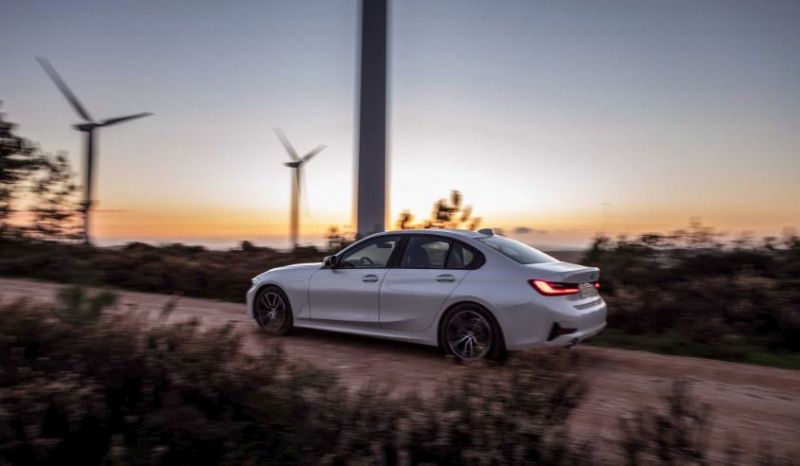
BMW to Premiere New Plug-in Hybrid Vehicles & Free EV Charging in Geneva
-


Honda Says EVs, Not Brexit, to Blame for Honda Plant Shutdown
-


EVgo Charging Network Powers 88% More EVs Than Last Year
- Hyundai's India expansion plans
- Hyundai's plans for a new manufacturing facility in India
- 2023 Jeep Grand Cherokee: Daring & Adaptable
- Nissan's £1bn investment in UK electric cars
- Mitsuoka M55 Concept: Honda Civic to Dodge Challenger Transformation
- Carmakers inundating market with fresh electric vehicles
- Bentley Mulsanne returns to Crewe
- Enhanced security measures implemented to tackle Range Rover thefts
- EV cover update
- Nissan's £1bn investment in UK electric cars











 About Us
About Us Contact Us
Contact Us Careers
Careers